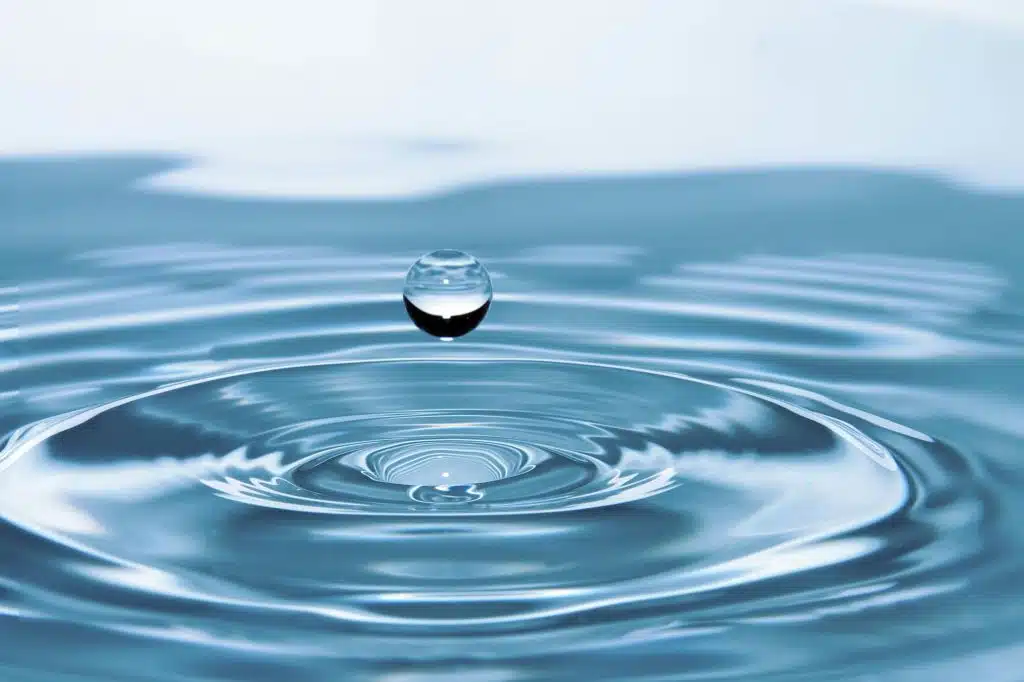So, you’re looking to save money, help the planet, and still get your clothes spotless? Look no further than your washer’s cold-water setting!
Yes, really. While that cold-water wash may feel like a subtle choice, it can make a big impact on your wallet and on the environment.
There are a few times when that cold blast just won’t cut it. Let’s dig into the “whens” and “whys” of cold-water washing.
Why Cold-Water Washing Is (Usually) a Winner
1. Modern Washers Love Cold Water.
Today’s washing machines are designed to work with cold water, and many detergents are too. Many are packed with enzymes that spring into action at temperatures as low as 60℉. So no worries—your washer knows what it’s doing with the cold cycle.
2. Cold Water Fights Stains Like a Pro.
Think grass stains on the kids’ jeans or that surprise makeup smudge on your sweater? Cold water can tackle a surprising range of stains with ease. Better yet, it prevents certain stains, like blood and sweat, from setting into the fabric (hot water actually makes these tougher to get out).
3. Protect Delicates and Dark Colours.
For items like lace, silk, or deep-coloured fabrics, cold water is the hero that prevents shrinking, fading, and that dreaded laundry “bleed.” Delicate fabrics and vibrant colours hold up way better in cold water, keeping your clothes looking new for longer.
4. Save on Energy Costs.
Want to cut down on your power bill? Just switch to cold. Heating water makes up about 75-90% of the energy your washer uses, so simply using cold water means you’re using far less energy.
5. Cold Water Prevents Shrinkage and Fading.
If you’ve ever pulled a favourite top out of the dryer only to find it two sizes smaller, you’re not alone. Cold water reduces the risk of shrinkage, and colours stay truer longer without that hot-water fade.
6. Less Wrinkles, Less Ironing!
Cold water means fewer wrinkles, which means less ironing time and less energy used by that iron. It’s a win-win!

When Cold Water Isn’t Enough
As great as cold-water washing is, sometimes you need a little extra heat to get the job done. Here’s when warm or hot water might be a better bet:
1. For Fabrics That Need Warmth
Certain fabrics—think knits, spandex, nylon, polyester, and rayon blends—respond better to warm water. You’ll get a better clean without the risk of fabric damage.
2. When You Need to Sanitize
If someone in your household has been under the weather, it’s time to bring in the heat. Washing bedding, towels, and clothes in hot water can help kill germs and prevent their spread.
3. In Cold-Weather Climates
If you live in a chilly area, you might face extra-cold tap water in winter. When temperatures dip to 40℉ or below, cold water washes may not dissolve detergent effectively, so a warm or hot wash may be necessary.
Cold vs. Hot – Follow the Label!
When you’re standing in front of your washer, second-guessing what temperature to pick, your clothing’s care label is your best friend.
Labels use symbols to indicate wash temperatures:
- One dot = 30℃ (90℉)
- Two dots = 40℃ (105℉)
- Three dots = 50℃ (120℉)
- Four dots = 60℃ (140℉)
- Five dots = 70℃ (158℉)
- Six dots = 80℃ (176℉)
The Cold-Water Verdict?
Cold water washing is an eco-friendly, wallet-smart choice for most of your laundry. It’s gentle on fabrics, keeps colours bright, and helps you save on energy.
Remember for fabrics that need warmth, sanitizing washes, or those freezing winter days, a warmer wash can be a better choice. So, go on, give cold-water washing a whirl, but don’t forget to read the label and check the stain!
Disclaimer: The advice provided in this article is meant for general informational purposes only. Always refer to the care instructions provided by the manufacturer for your specific laundry machines and clothing items.
Related articles
Tips on Caring for Your Sportswear and Gym Gear
Whether you're a seasoned athlete, a gym regular, or someone who enjoys the occasional outdoor workout, understanding how to properly care for your activewear is essential. In...
read moreBrightening Your Whites Without Harsh Chemicals
Natural whitening methods for your clothes When it comes to maintaining the pristine whiteness of your clothes, using chemicals isn’t the only solution. Embracing natural methods not...
read more



